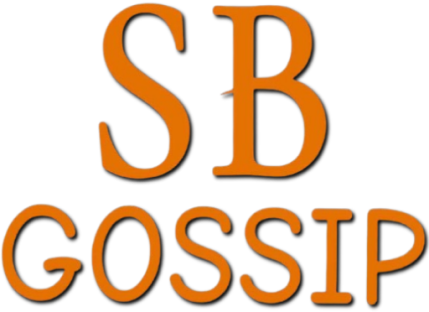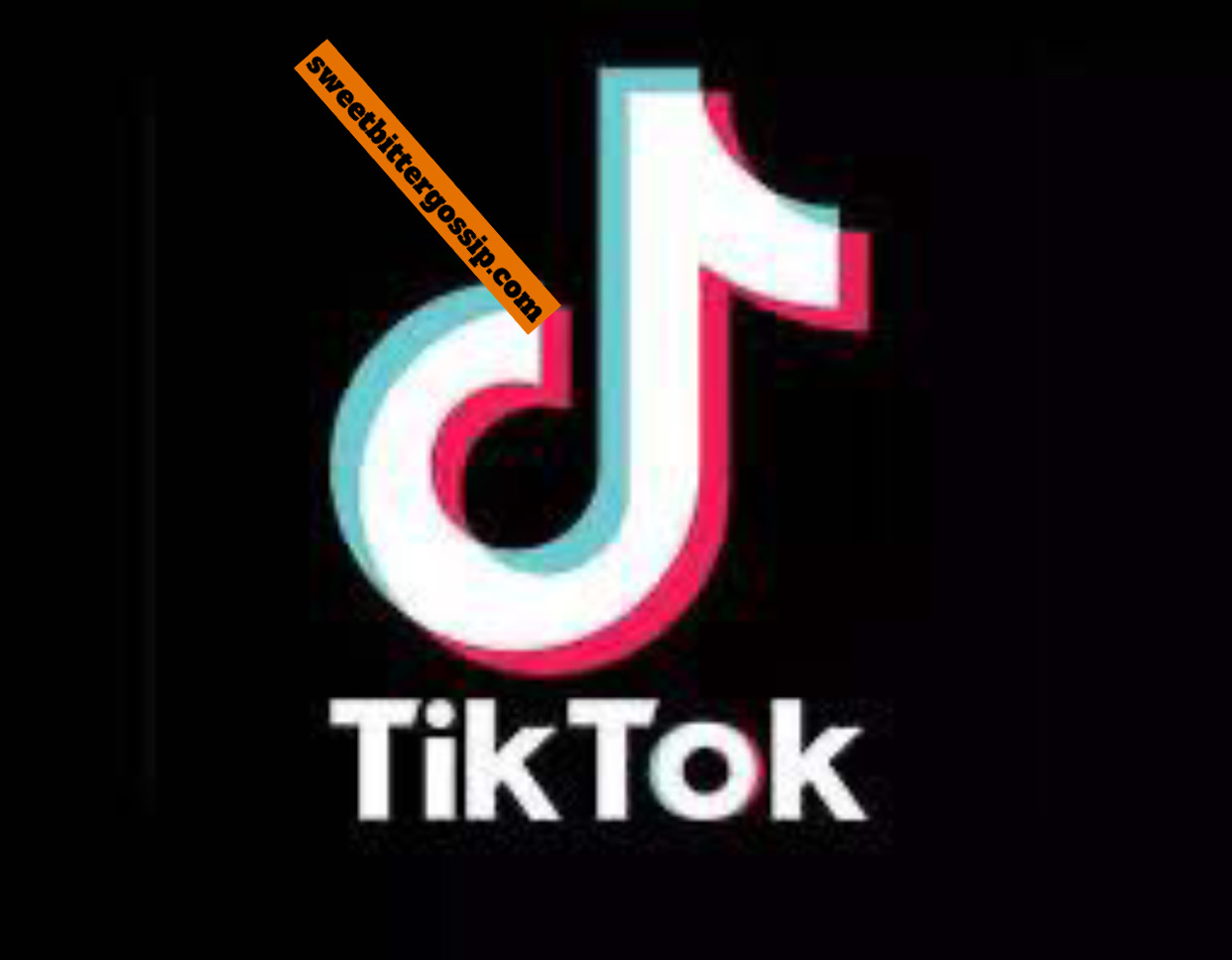TikTok’s journey from a niche video-sharing platform to a global social media powerhouse has been accompanied by a host of controversies. With over 1.04 billion monthly active users in 2024, the platform has reshaped the digital landscape, but concerns about its societal impact, ties to China, and influence on politics remain significant.
Global Bans and Political Concerns
In Albania, Prime Minister Edi Rama announced that TikTok would be banned for at least a year starting in 2025. This decision followed a tragic incident in Tirana, where a 14-year-old was killed in a fight reportedly sparked by an online confrontation. Rama referred to TikTok as the “thug of the neighborhood,” emphasizing the app’s alleged role in fueling conflicts among young users.
In Romania, TikTok is under scrutiny from the European Union for its potential involvement in the surprising first-round presidential election victory of far-right candidate Calin Georgescu. The investigation focuses on claims of Russian interference and whether TikTok provided “preferential treatment” to certain candidates. This marks TikTok’s third EU probe, raising the risk of fines of up to six percent of its global revenue. TikTok has stated that it is implementing robust measures to counter election misinformation, while Russia has denied involvement.
Meanwhile, in the United States, TikTok faces immense pressure after the government passed a law requiring ByteDance, its Chinese parent company, to divest from the platform by January 2025. U.S. officials allege that TikTok enables China to access American user data—a claim TikTok denies. ByteDance admitted its employees had accessed U.S. user data but maintains that it does not share this information with Chinese authorities. If ByteDance fails to comply, TikTok could face a nationwide ban, jeopardizing its 170 million U.S. users.
Regulatory Pushback and Safety Concerns
Australia recently enacted a groundbreaking law barring under-16s from accessing social media platforms, including TikTok. Noncompliance could result in fines of up to AU$50 million. TikTok expressed disappointment, warning that such restrictions might push young users toward less regulated corners of the internet.
In Europe, TikTok was compelled to remove an engagement feature from its Lite version after regulators flagged its addictive nature. This feature rewarded users over 18 with redeemable points based on time spent on the app. TikTok has also faced criticism for promoting dangerous challenges, such as the blackout challenge, which has reportedly resulted in child deaths.
Misinformation is another persistent issue for TikTok. A study by NewsGuard found that one in five videos on major topics, including the Russia-Ukraine war, contained misleading or false information. While TikTok claims to be tackling disinformation, critics argue that its measures fall short of what is necessary.
Unprecedented Growth and Influence
Despite these challenges, TikTok’s growth has been unparalleled. Since its 2018 launch, the platform has grown from 55 million users to over 1 billion in just six years. By comparison, Facebook and Instagram took significantly longer to reach similar milestones. In 2023, TikTok generated $16 billion in U.S. revenue alone, with 170 million Americans actively using the app.
Globally, TikTok engages more than a quarter of all social media users and nearly one-fifth of internet users monthly. U.S. adults spend an average of almost an hour daily on the platform, further highlighting its dominance. TikTok’s success can be attributed to its dynamic algorithm, which keeps users engaged with personalized content, and its widespread appeal across diverse demographics.
In the first quarter of 2024 alone, TikTok achieved 137 million downloads, cementing its position as one of the most influential apps of the decade. Its algorithmic precision and innovative features have attracted millions of creators and influencers, making it a hub for cultural trends and digital entertainment.
Balancing Success and Scrutiny
As TikTok continues to thrive, it also faces growing scrutiny over its societal and political impact. Governments worldwide are questioning its data practices, role in spreading harmful content, and influence on elections. These concerns underscore the challenges of regulating a platform that has become central to the lives of millions globally.
TikTok’s meteoric rise has positioned it as a leader in the social media industry. However, as it navigates mounting controversies and regulatory hurdles, the platform’s ability to address these challenges will shape its future in an increasingly competitive and cautious digital landscape.

